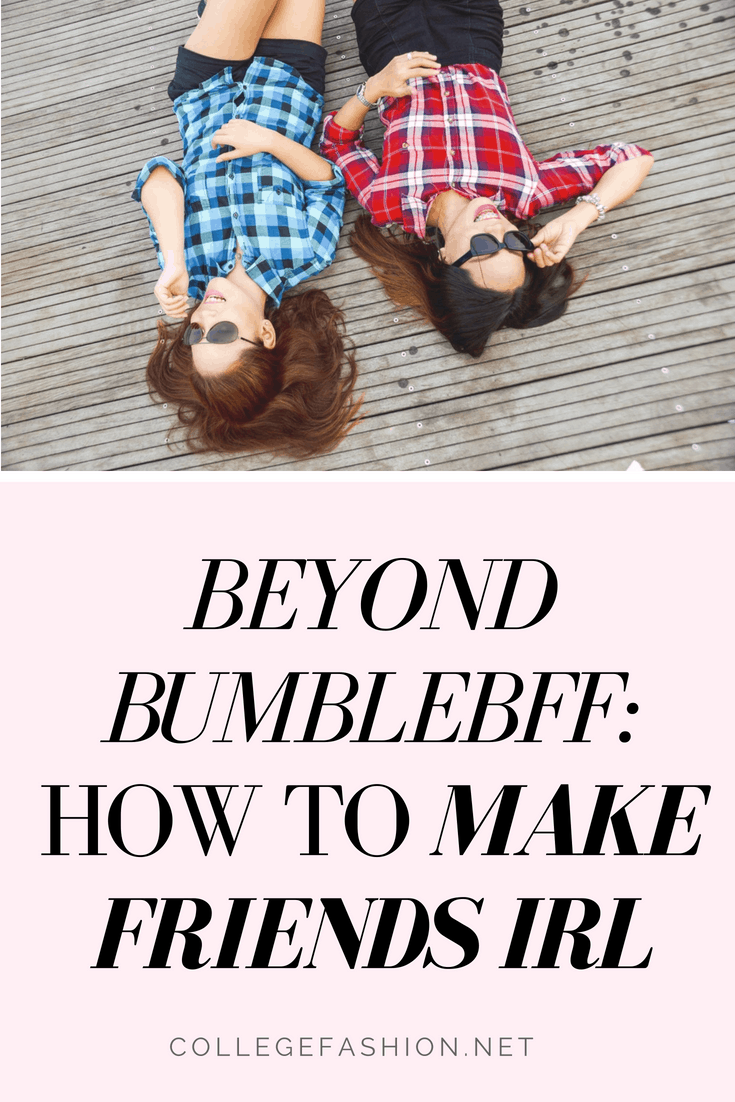
It’s that time of year. School starts soon, and we’re all either looking forward to the change or terribly dreading it. I know that while I always looked forward to new books and classes, I always dreaded having to start over on relationships.
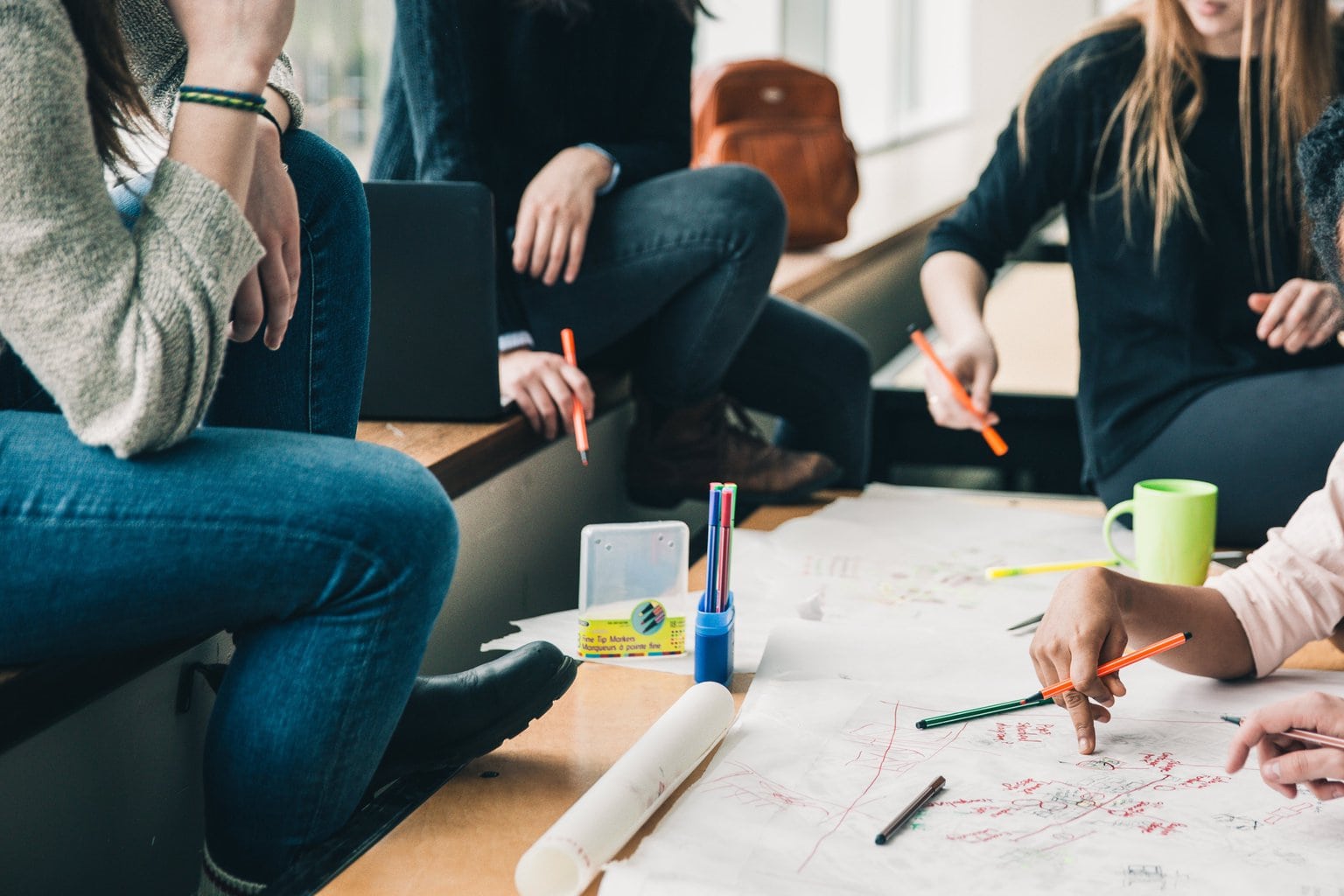
If you go to a large school like I did, new classes means new classmates, which means starting over on awkward first interactions, learning new names, and dreaded group projects. Not to mention new clubs, new roommates, and even new jobs and coworkers.
If any of these things makes you feel panicky, then this article is for you.
Like it or not, these kinds of social interactions are a necessary part of life, both in college and out of it, and learning how to cope is a valuable life skill to start developing now.
We’ve all become familiar with the arguments about how social media is ruining our abilities to interact with people face-to-face (the cool kids call it “IRL,” or, “in real life”). While some of these claims may be slightly over-exaggerated, there is something to be said for how social media has changed the way we talk to people and make friends.
An example? Apps like BumbleBFF.
In case you haven’t heard of it, BumbleBFF is the cousin of the popular dating app, Bumble. Instead of helping you find THE ONE, BumbleBFF helps you find your new BFF 5ever. Using a similar algorithm, it’s basically just a dating app. But platonic.
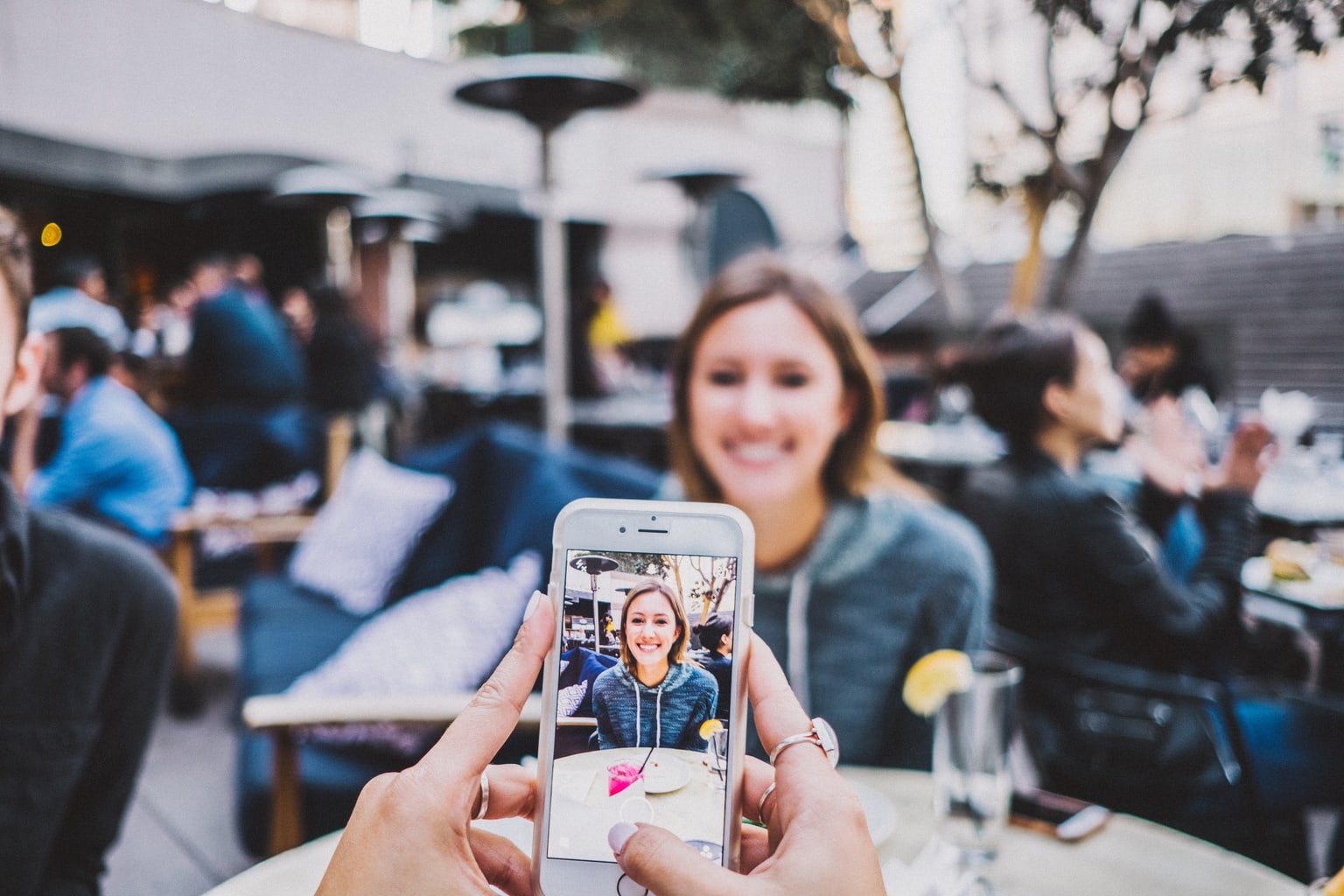
And like dating apps, there is certainly nothing wrong with getting a little help from the internet to find people with similar interests to you, who might have good friend potential.
But it’s not the only way to find and make friends, and as you will eventually leave college and have to adult the hard way, learning IRL people skills is a must.
This might be hard if you’re one of the many people I know and love (myself included) who have historically labeled themselves as “socially awkward.”
And I have worn this label for a long time, until it suddenly occurred to me, as I expertly handled small talk as good as any refined lady of elegance:
I am not socially awkward.
I am socially uncomfortable.
It’s not that I can’t handle social situations, or that I make them more awkward just by existing in them, I just think those things are true. I tend to feel very uncomfortable in social situations, even when they’re going really well, because I’m stuck imagining that everyone else thinks I’m awkward.
Sound familiar? Then you too, can be freed from the label “socially awkward!” (You can keep the mug/t-shirt/Pinterest pins if you’d like, though)
Ahead, I’ll share some tips I’ve learned about starting friendships and navigating social discomfort.
Table of Contents
Friendships IRL: The Decision
Like the old adage says, the first step to making new friends is admitting that you need friends.

The first step is always the hardest, because admitting a lack of something (like meaningful relationships) feels like weakness. But nothing is ever going to change in your life if you don’t change something about your life.
So once you know you want to meet new potential friends, you need to commit.
Sign up for clubs, take on odd jobs at your local/campus newspaper, talk to the people you sit next to in class, or ask a coworker to lunch or coffee. If one-on-one makes you nervous, put together a Happy Hour outing or a game night, and invite a bunch of people.
Find your tribe! Just put yourself out there.
It sounds easier than it is – believe me, I know – but the first step is always the hardest part. It gets easier from here.
Friendships IRL: The “Profile”
Okay, so you don’t carry around lists of basic info about yourself and a photo of yourself in the best possible light and angle (though that would save so much time!). But there are still ways to make yourself stand out, and communicate who you are without the aid of a “profile.”
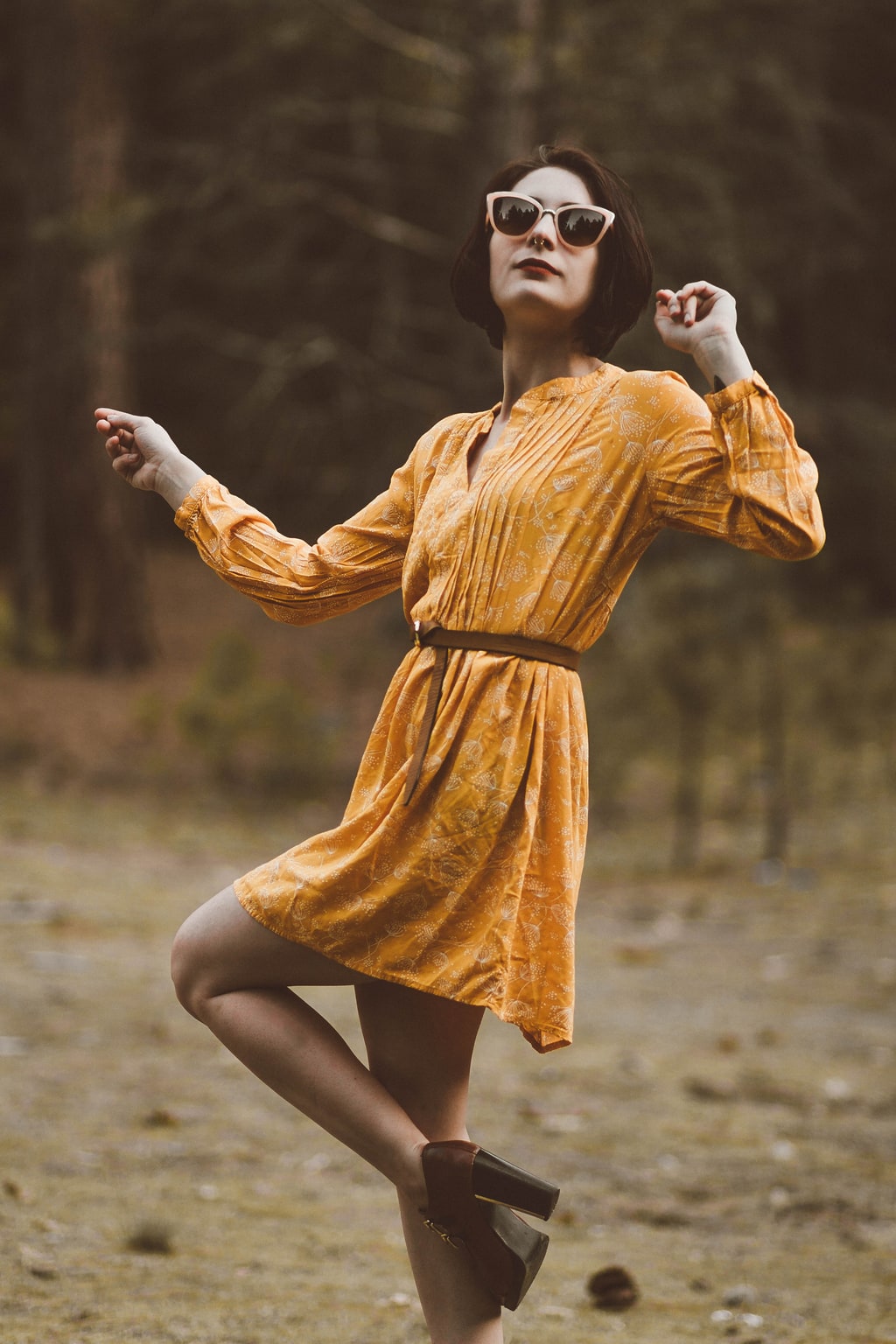
One huge way you tell people who you are is through your clothing. College Fashion has plenty of posts on awesome outfits you can wear every day, on nights out, to the office, or even to subtly tell people your favorite flavor of La Croix if you’re looking for inspiration.
Some people will say things like “Dress every day like today is the day you’ll run away with the Doctor,” or less-nerdy people will say “Dress like you’re going to see your ex today,” or “Dress like you’re going to run into your nemesis today” (don’t pretend you don’t have a nemesis).
When I know I’m going to a social gathering with a lot of strangers, I dress with two questions in mind:
- Is what I’m wearing reflective of who I am as a person?
- If I saw me, dressed this way, would I want to get to know me?
I like to ask myself both questions, because while sweatpants and a ratty tank top would give a resounding yes to the first question, it probably wouldn’t give a yes to the second question. A blazer, some jeans, and a Star Wars t-shirt, though, gives a yes to both questions: a perfect outfit!
While we don’t get the chance to summarize basic life experiences before we meet people (though wouldn’t that be great), we do get a chance to have that first profile pic moment with what we wear and how we present ourselves. And so does everyone else.
Next time you’re at a social gathering, pay close attention to what people are wearing, what they’re doing, and the kinds of things they say. They’re trying to attract specific kinds of people, just like you are!
Which kinds of people are you interested in getting to know? You can copy elements of their look and presentation when you’re getting ready next time.
Friendships IRL: The “Match”
This is the moment where you start talking to someone. If someone initiates a conversation with you, it means they liked your “profile” – in other words, you’ve made an impression on them.
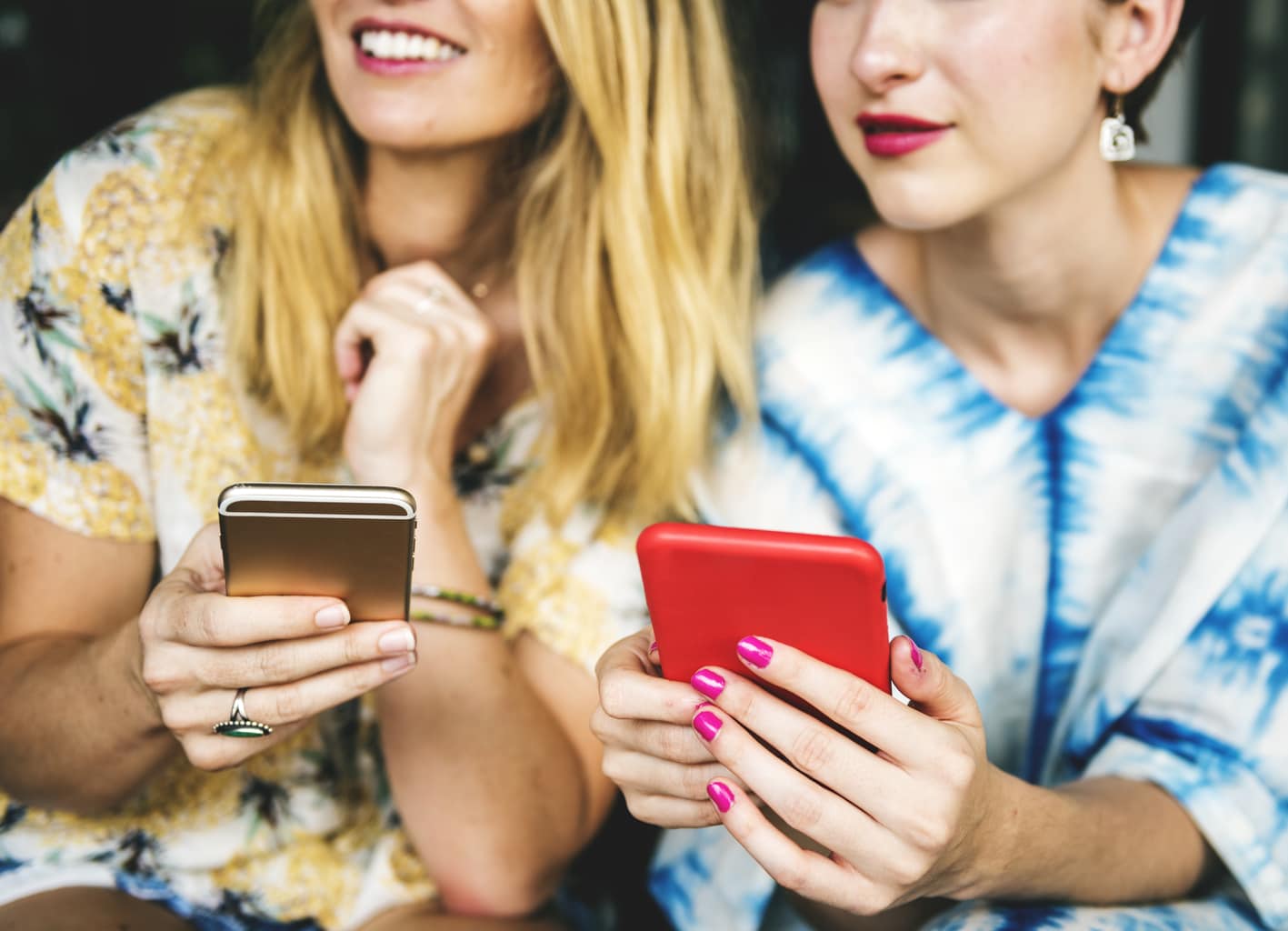
Don’t sell yourself short by convincing yourself that someone is just talking to you out of pity or just to be nice.
If you’re one of the newly-dubbed socially uncomfortable, try to stop thinking about what other people are thinking about you, and just be present. Focus on the conversation, not your anxieties, and you should do just fine.
For the genuinely social awkward, or for people who are less experienced in social interactions, I have a few tips:
1. Eye contact.
Not constant eye contact, to be sure, but do it often enough to convey that you’re a real person, who’s confident, and not a secret spy from a country so secret it’s not even on the map.
2. Smile
Definitely do this when you first meet the person, and when they tell you things about themselves. Half of being good in social interactions is making other people feel comfortable, so even if you’re feeling anxious, smiling will make you seem loads more competent, because the other person will feel so much more comfortable.
3. Say their name
Like eye contact, there’s a fine balance to be struck here – it is possible to have too much of a good thing. A good time to say someone’s name is right after they introduce themselves, and you shake hands or wave – you can say, “It’s nice to meet you, [Enter name here]”. Repeating their name makes them feel seen and important, and will help you remember it.
(Bonus points: Smile *as* you say their name. It’ll make them feel extra warm and fuzzy inside.)
4. Ask a question
Some people are like Small Talk Judo Artists, who somehow manage to turn everything back to you, and how your life is just so interesting, even when you ask them direct questions about their lives.
Don’t stress about these judo artists, they either are so good at the small talk that they can’t even tell they’re doing it, or they genuinely don’t want to talk about themselves.
Most people don’t practice small talk judo, and would love a reciprocal or contextual question. Easy ones are “How about you?”, “How do you know the host of this event?”, “What are you majoring in?” or “If you could be a fruit, which one would you be?”

A question I got recently that I loved was, “What’s something you love to talk about?” This is a great question to ask someone you’ve been chatting to for a little bit, and you’ve already covered basic family history, education, and work.
This lets them tell you how to talk to them, which is basically a socially-uncomfortable-person’s dream. If they say they love to talk about movies, get them talking about movies. If they love to talk about their cat, then prepare yourself for pictures. You’ll either stumble upon a great conversation well beyond the realm of small talk, or you’ll at least have made them feel like you really cared about their interests.
If there’s one thing to remember in first meeting anyone, it’s that the number one skill in handling social interactions like a refined lady of class is to make the other person feel comfortable, and feel that they’re important to you.
Remember: you can’t be awkward if no one thinks you’re awkward.
Friendships IRL: The First “Date”
Asking a potential friend on a friend-date can sometimes be just as nerve-wracking as asking a romantic interest on an actual date. But it doesn’t need to be.
I have a rule for myself. If I like someone, and I would like to go get coffee with them and be their friend, then I tell them so. I learned this trick from one of my bestest friends, Mandy, who informed me one day when we were hanging out with mutual friends that she had a “friend crush” on me and wanted to be my friend. Turns out I also wanted to be her friend.
And the rest is history.
Getting someone’s phone number to “hang out some time,” is a great start – just make sure to actually text or call them. If you tend to forget these things, leave yourself calendar reminders to text them later, or better yet, make plans right away.

I tend to get nervous about the actual hanging out, because lunches and coffees demand a little more than small talk. So if you’re afraid of having nothing to talk about, or running out of ideas, a little preparation can go a long way.
Come up with ideas for things to ask them. It could be about their significant other, their job, their favorite color, what they think of friend dating apps…literally anything.
Feel free to write your ideas down, but you don’t need to. Having just thought through your strategy for the almost-awkward silences will help you feel much calmer going into the hangout, and you won’t be doing the work of thinking of ideas in the middle of the conversation.
When the conversation is over, and you’d like to hang out again, make sure you say so, and then follow through!
If you’re not into it, though, no harm done. You can politely shrug off any attempts they make to reschedule (“I’m really busy, so I’ll have to get back to you”), and try again with someone new.
The goal with making friends is to find someone you’ll really connect with, or someone you’re willing to commit to. If you’re not feeling it, don’t stay friends with them just for the sake of having someone.
Other Tips & Ideas
If going to clubs, parties, or work outings just isn’t your thing but you want to develop your people skills, there are still options.
A good place to start is by becoming a “regular” somewhere.

Whether that’s a coffee shop, a local diner, or a pizza place, going to the same places over and over again will give you lots of practice talking to strangers, and developing relationships over time.
These relationships might stay surface-level forever, or they might become lifelong friendships – I’ve personally experienced both outcomes.
If you already have plenty of friends and aren’t looking for new ones, but want to improve your social skills, force yourself to talk to people everywhere you go. When you go to the grocery store, go to a line with a real cashier instead of self-checkout, and start conversations with baristas and waiters.
Every single interaction you have with anyone is important, whether it’s a just a smile or it’s a deep and meaningful conversation. Relationships are what make us human, and developing those skills, without the help of online algorithms, is what will change your life, and maybe others’ lives in the process.
It might not be easier, but it’s certainly more satisfying.
What About You?
Have you tried BumbleBFF? Do you consider yourself socially awkward or uncomfortable? How have you met some of your best friends? What do you love to talk about?
